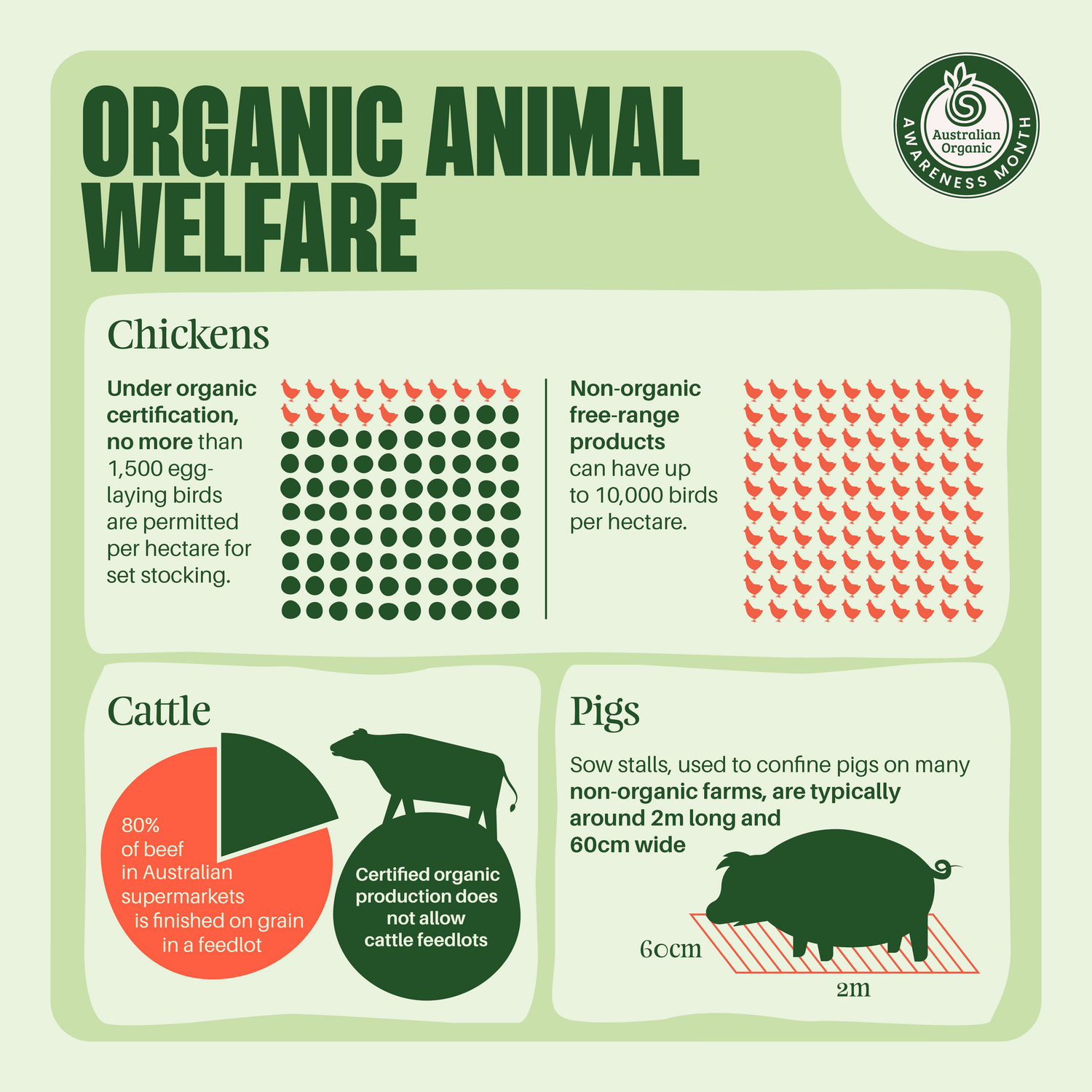A Softer Footprint on the Earth
Choosing certified organic goes well beyond supporting positive practices for the here and now.
The environmental benefits are significant, with organic farms having higher biodiversity and richer ecosystems on average. Improving soil health is at the heart of organic agriculture, with organic soils retaining higher levels of moisture and boasting improved drought resilience as a result.
When it comes to animal welfare, there are strict rules in place on certified organic farms. Animals including poultry, pigs, sheep, goats and cattle must live, grow and breed naturally in group sizes appropriate to their species, with more space to roam compared to their non-organic counterparts. Cattle feedlots are prohibited, as is battery farming or cage farming of hens.
If you’re committed to living simply and leaving a softer footprint on the earth, there are numerous reasons why you might choose to support organic systems.
Click the link to access our Week Three Guide which is all about the advantages of certified organics at an environmental level. We have also published a full feature article that provides a deeper dive on the subject.


